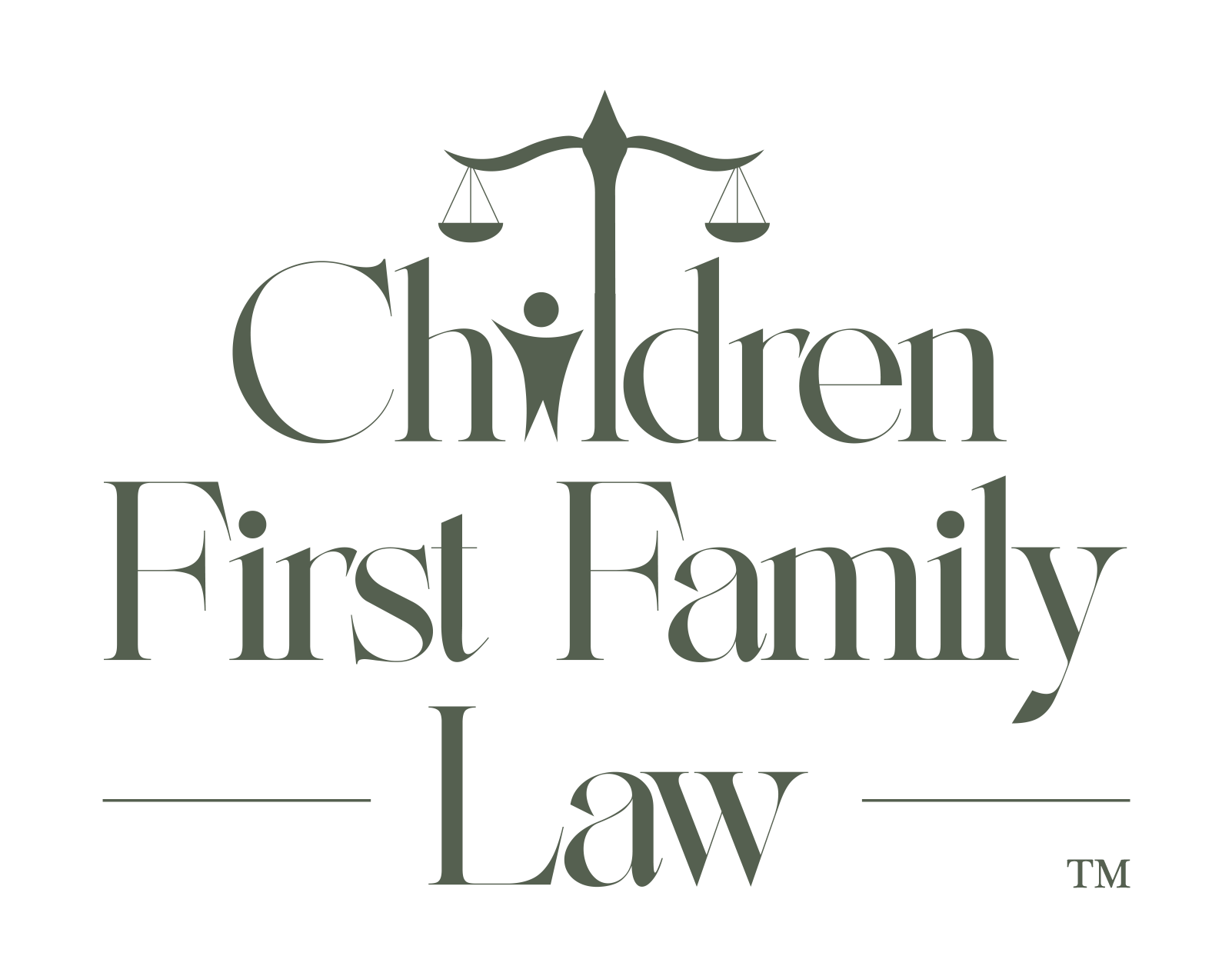Substance misuse is a complicated issue, especially in divorce cases where children are involved. Understanding how addiction affects families can help parents navigate these challenges while keeping their child’s well-being at the center. In this episode of Children First Family Law, Krista welcomes Lorraine Bockman, a licensed clinical social worker and addiction counselor with over 30 years of experience. Lorraine has worked extensively in public and private settings and holds credentials as a Master Addiction Counselor (MAC) with the National Association of Addiction Counselors. Her expertise spans clinical practice, staff development, intervention, and expert witness testimony, making her a trusted voice in addiction and family dynamics.
During their conversation, Krista and Lorraine explore aspects of substance abuse in family court cases, including the differences between clinical and forensic substance evaluations. Lorraine breaks down how substance use evaluations work, the underlying disease model of addiction, and the cognitive distortions that can impact a person’s ability to recognize their own struggles. They also discuss the lasting effects of Adverse Childhood Experiences (ACEs), such as divorce, on children’s mental health and development. Lorraine emphasizes that while change is possible, not everyone is able to, making careful assessment essential in these cases.
During Krista and Lorraine’s conversation, you’ll hear more about:
- Clinical evaluations focus on treatment needs, while forensic evaluations assess substance use in legal cases using records, interviews, and testing.
- Evaluations help courts make informed parenting decisions, especially when substance use is disputed, or progress in recovery is unclear.
- A consultation offers guidance on managing substance concerns, while a full evaluation provides a detailed risk assessment with testing and interviews.
- Lorraine nurtures trust with clients, emphasizing that small steps can prevent severe consequences—waiting for “rock bottom” isn’t necessary.
- Recovery moves from denial to awareness, action, and maintenance. Lorraine helps clients identify where they are and progress toward lasting change.
- Seeking help takes courage because addiction is a brain disease shaped by genetics and environment, not personal choice.
- Thought patterns like black-and-white thinking and catastrophizing can keep people stuck. Lorraine helps clients reframe these for healthier choices.
- Childhood trauma, including parental addiction and divorce, can have lasting effects. Maintaining strong parent-child bonds helps reduce these risks.
- Relapse is part of the process, but individuals can recover, rebuild relationships, and create stability for their children with support.
Substance use is a complicated topic, and Lorraine Bockman helps Krista unravel some of the mental health aspects of this disease to help families better understand the consequences.
If you want to learn more about The Children First Family Law Podcast, check out www.childrenfirstfamilylaw.com/addiction-expert-insights-handling-substance-misuse-in-family-law.
